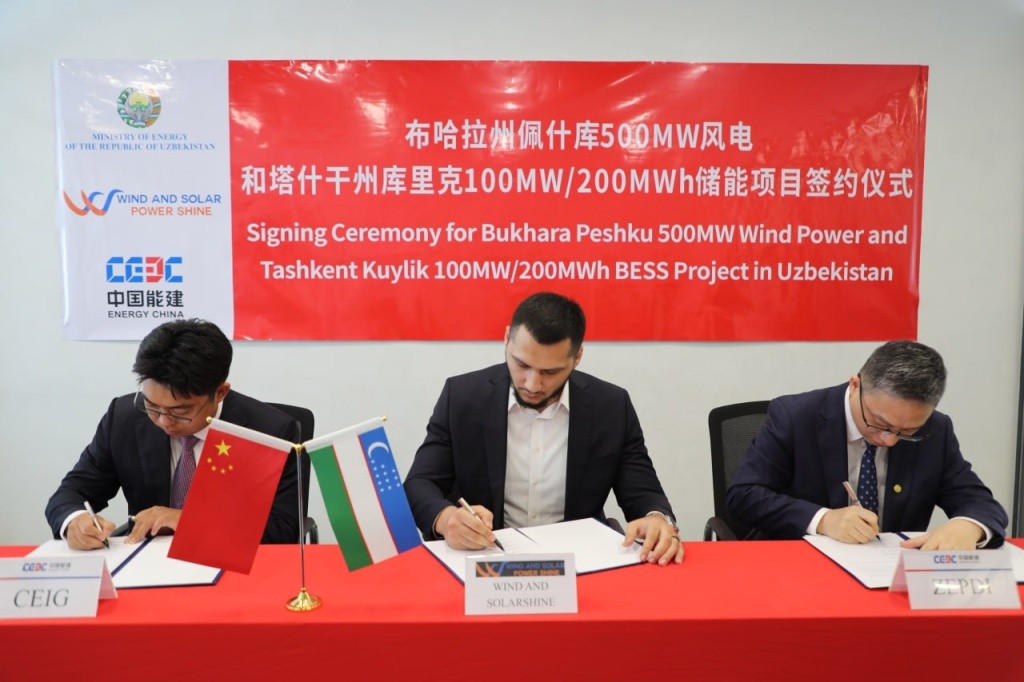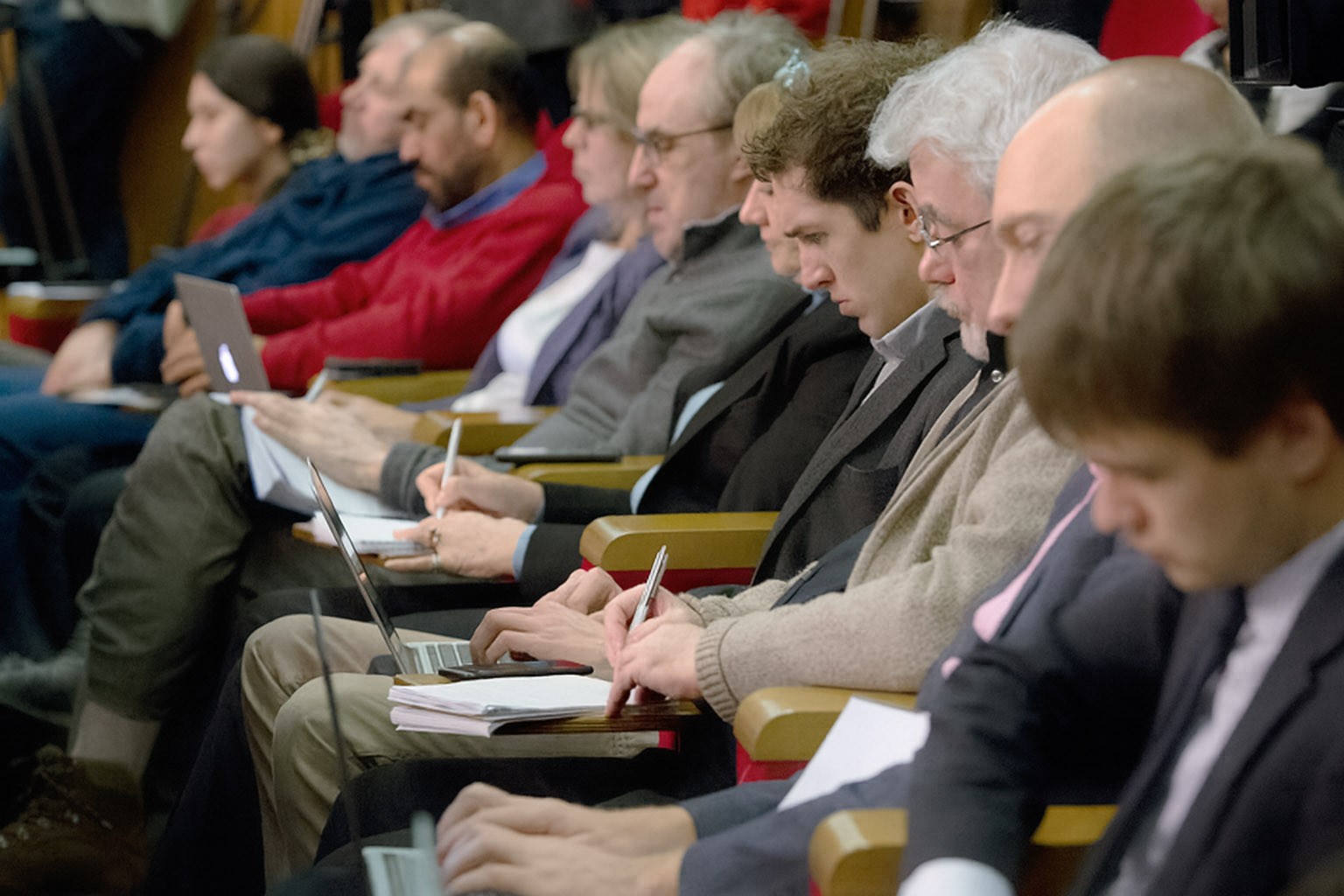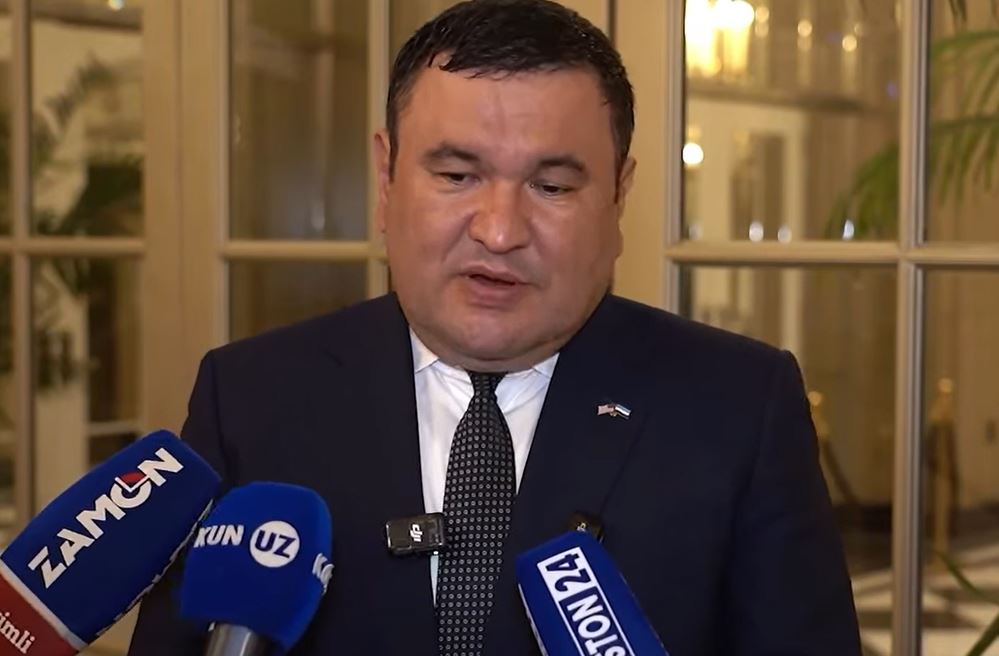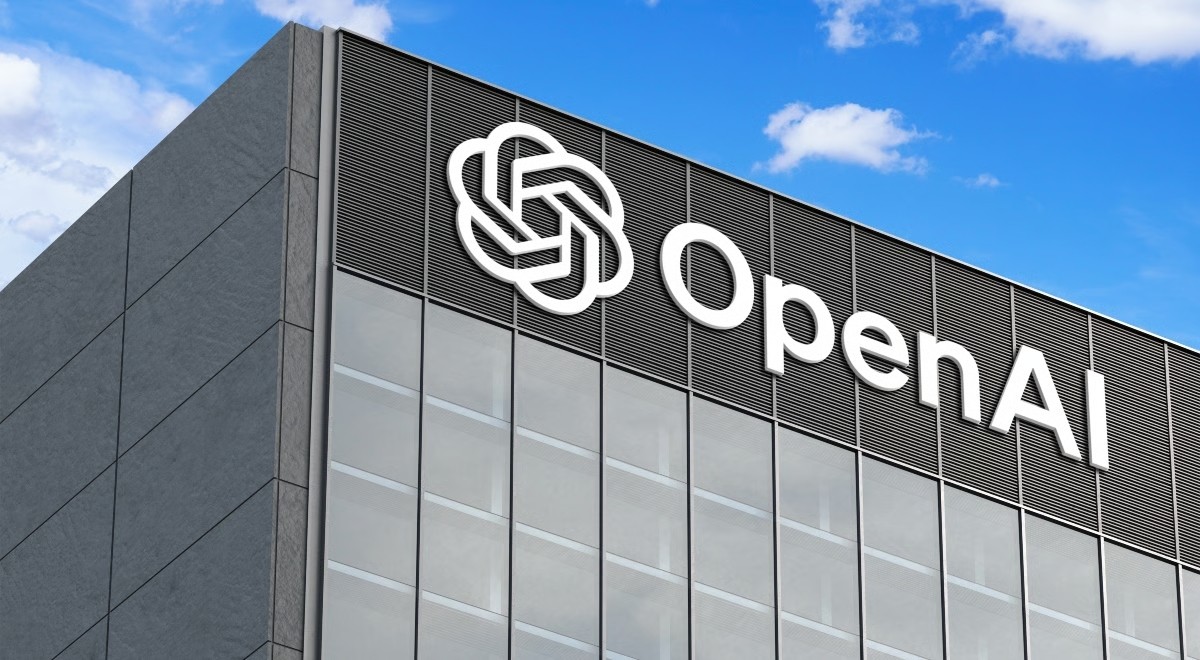BP Oil and Gas Corporation announced a significant increase in profit in the second quarter of 2025, on the back of a strategic turn towards hydrocarbons and successful exploration activities. According to the company's CEO, Murray Auchincloss, the key driver was the Bumerangue block in Brazil, where a new oil discovery was confirmed in the Santos Basin, about 400 kilometers from Rio de Janeiro.
The opening was the tenth in a row this year and is considered as a significant strengthening of the company's resource base. As part of the transformation of its long-term strategy, BP is suspending the expansion of investment activity in the renewable energy sector, shifting its focus to traditional upstream assets. At the same time, the company demonstrates record operating efficiency and the launch of five major projects in the first half of the year.
BP's adjusted reserve replacement profit was $ 2.35 billion for the quarter, significantly exceeding analysts ' average market expectations of $ 1.81 billion. The company also announced an increase in its dividend from 8 cents to 8.32 cents per share and continued its $ 750 million share buyback in the second quarter. Against this background, BP shares rose in price by 1.6 percent.
Amid discussions of possible deals in the industry, BP has been at the center of speculation about potential mergers. Despite rumors of negotiations with a number of major energy corporations, including competitors from Europe and the Middle East, the company's official position remains unchanged — the focus is on organic growth and increasing value for shareholders.
According to industry analysts, BP's report for the quarter was the first clear positive signal in a long period. Profit growth was achieved against the backdrop of lower oil prices, which underlines the effectiveness of internal adjustment. The implementation of the strategic plan to increase the focus on traditional production and asset optimization allows the company to strengthen its position, despite the high volatility in the global energy sector.
BP is also initiating a new phase of revising the value and performance of its assets. Previous optimization programs have reduced operating costs by 25 percent in 2020 and by another 20 percent in 2024. The expected additional savings of $ 4-5 billion could put the company in the top quartile by industry standards.
By the end of the second quarter, BP's net debt had fallen to $ 26.04 billion, down from almost $ 27 billion three months earlier. Strengthening financial discipline combined with a reallocation of investment focus forms the foundation for the company's long-term sustainability in the face of the global restructuring of energy markets.














